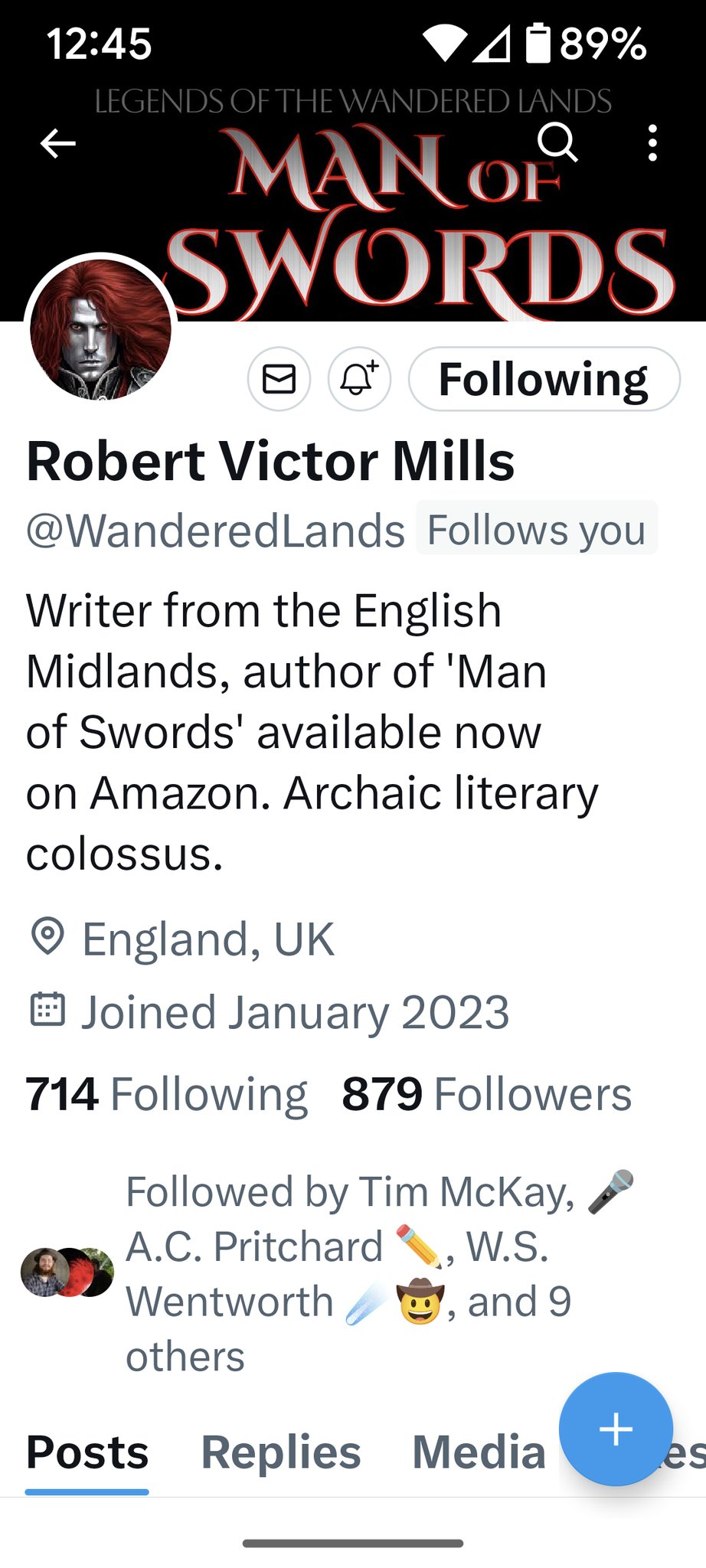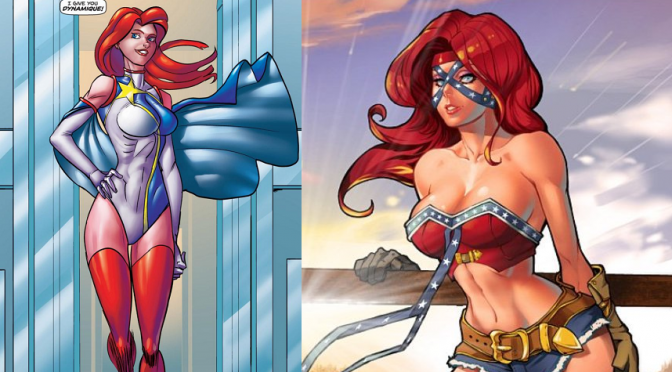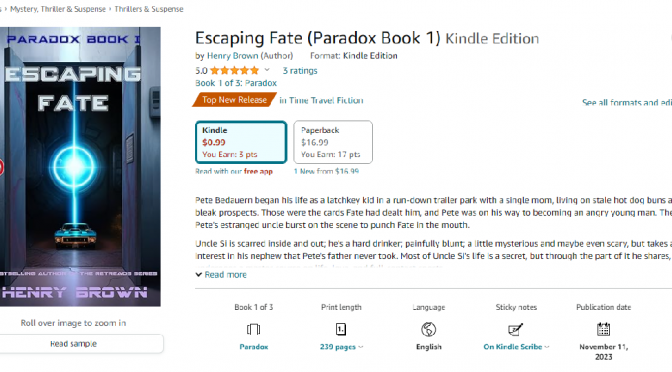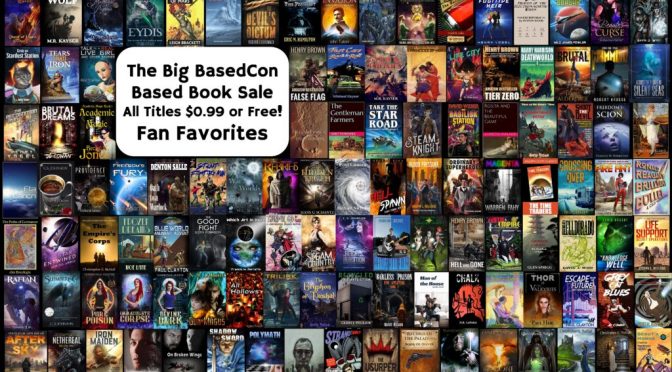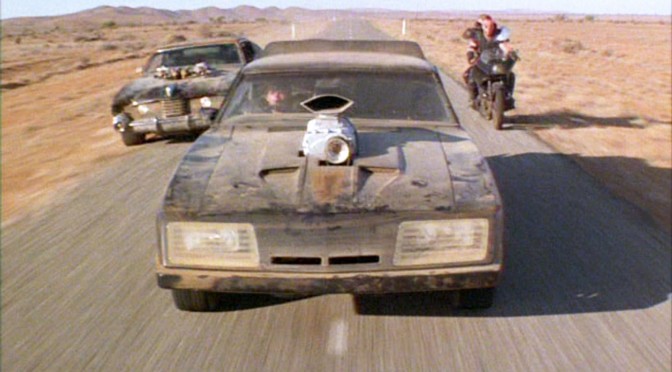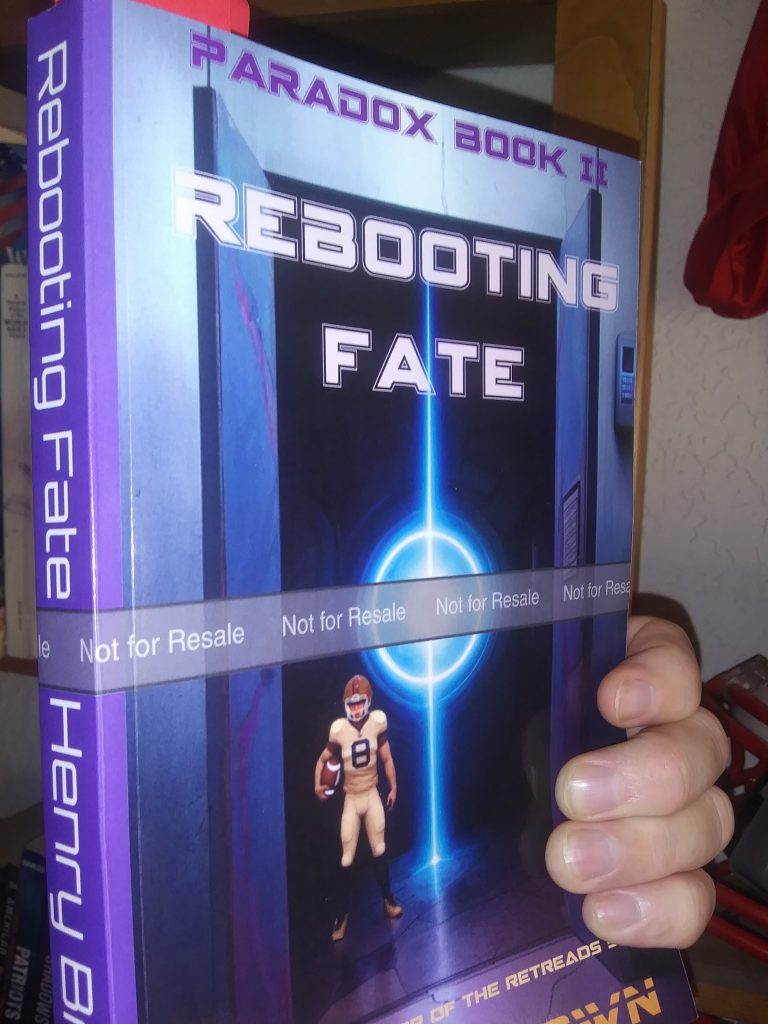Part of the story has been told in previous posts. It turned out that November would be the best month for the debut of the first book in the Paradox series. When I had a publish date, my next step was to arrange a promotion.
I hate marketing; I’m not good at it; but it’s one of those pesky chores you just have to do if you want folks to know your book exists, so I did what I could. My hope was to assemble a package of promotions that would overlap and feed each other seamlessly.

 That didn’t work too well early on. I got some sales that bumped my sales rank, but it petered out before the next promotion kicked in. I was driving long hours on the 19th and couldn’t get my “smart” phone to take a screen shot. When I got to a place with an Internet connection I was able to take one with my laptop (I’m using Amazon to track sales, rankings, etc., because they update all that the fastest. Other sellers might give you sketchy info a week after the fact–which doesn’t help with this kind of data study).
That didn’t work too well early on. I got some sales that bumped my sales rank, but it petered out before the next promotion kicked in. I was driving long hours on the 19th and couldn’t get my “smart” phone to take a screen shot. When I got to a place with an Internet connection I was able to take one with my laptop (I’m using Amazon to track sales, rankings, etc., because they update all that the fastest. Other sellers might give you sketchy info a week after the fact–which doesn’t help with this kind of data study).

The overall ranking had slipped by over 10,000 places by the time of this screen shot, but it never reached an impressive rank during this phase anyway.
The next phase began on the 21st. From early morning until about 2pm, the ranking continued to slip, down to about 220,000+ overall. Then, finally, evidence began to show up that the needle was finally moving upwards again.



Not a bestseller yet, but moving in the right direction with enough time left in the day to possibly get there. Two of my Retreads novels had already topped 
 multiple categories at this point in their promotions, while the other one took a little longer (it got harder every time to reach the top, though all three did crack #1 bestseller rank).
multiple categories at this point in their promotions, while the other one took a little longer (it got harder every time to reach the top, though all three did crack #1 bestseller rank).
 Then around 6pm I checked for a data update:
Then around 6pm I checked for a data update:

Top 100 in three categories was less than what I hoped for, but might possibly mean that the book was showing up where book shoppers could at least see it. And technically, it was now a bestseller.
Around 8pm, when the data updated again, Escaping Fate was at #6 in Time Travel Science Fiction (for the Kindle); #25 in Time Travel Fiction (all formats); and #45 in Conspiracy Thrillers (all formats). Glass was half full.
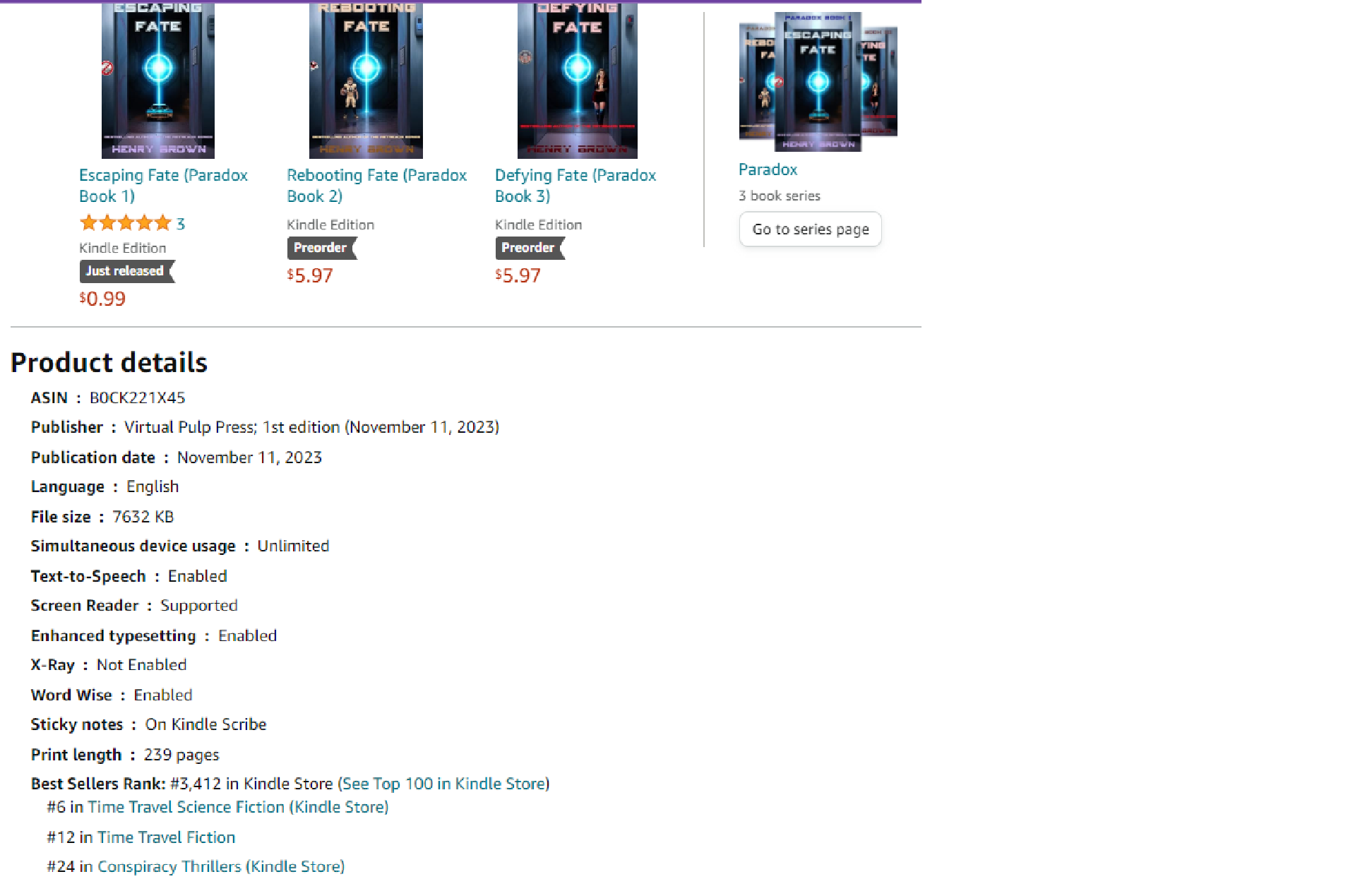
This not being my first rodeo, I remembered to go to a bestseller’s page to grab a screen shot.
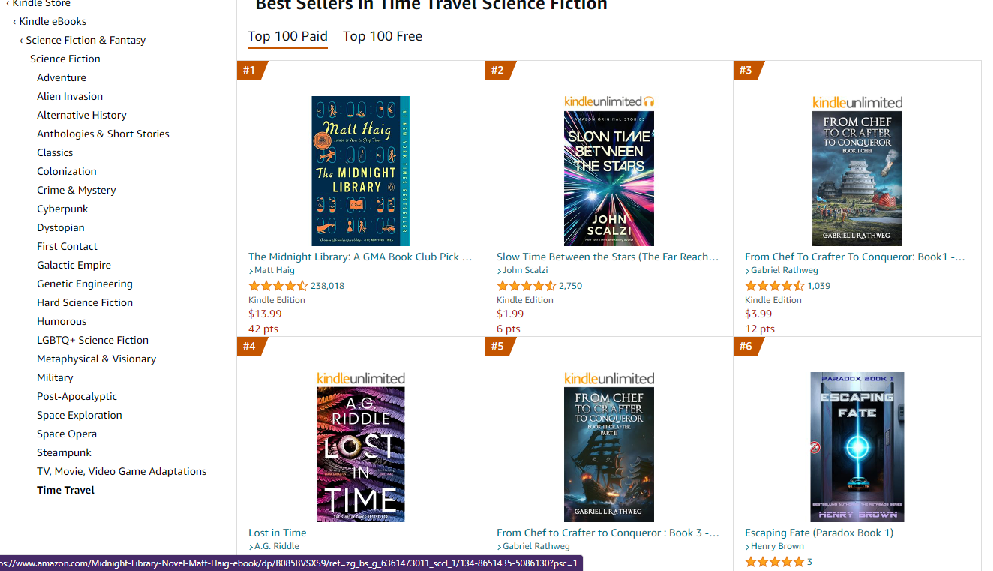
Here’s where I noticed a John Scalzi book was holding the #2 spot. My first encounter with Scalzi fiction was in a library many moons ago. I knew almost nothing about the author at the time, but after a reading a chapter or two, decided it was representative of everything wrong with the pozzed, woke publishing industry. Later, after discovering Vox Day’s blog, I learned more about the author and discovered my instinctive assessment was spot-on. Long story short, I thought it would be a satisfying coup if my underdog politically incorrect heteronormative red-blooded right-wing indie novel could unseat his gatekeeper-approved Establishment Left cookie-cutter book from that #2 slot.
Lo and behold, at 11:30ish pm…

Not only was it sitting at #2 in Time Travel Science Fiction (Kindle), but it was now designated as the “#1 New Release.” So a quick re-visit to the Bestseller’s Page was in order.
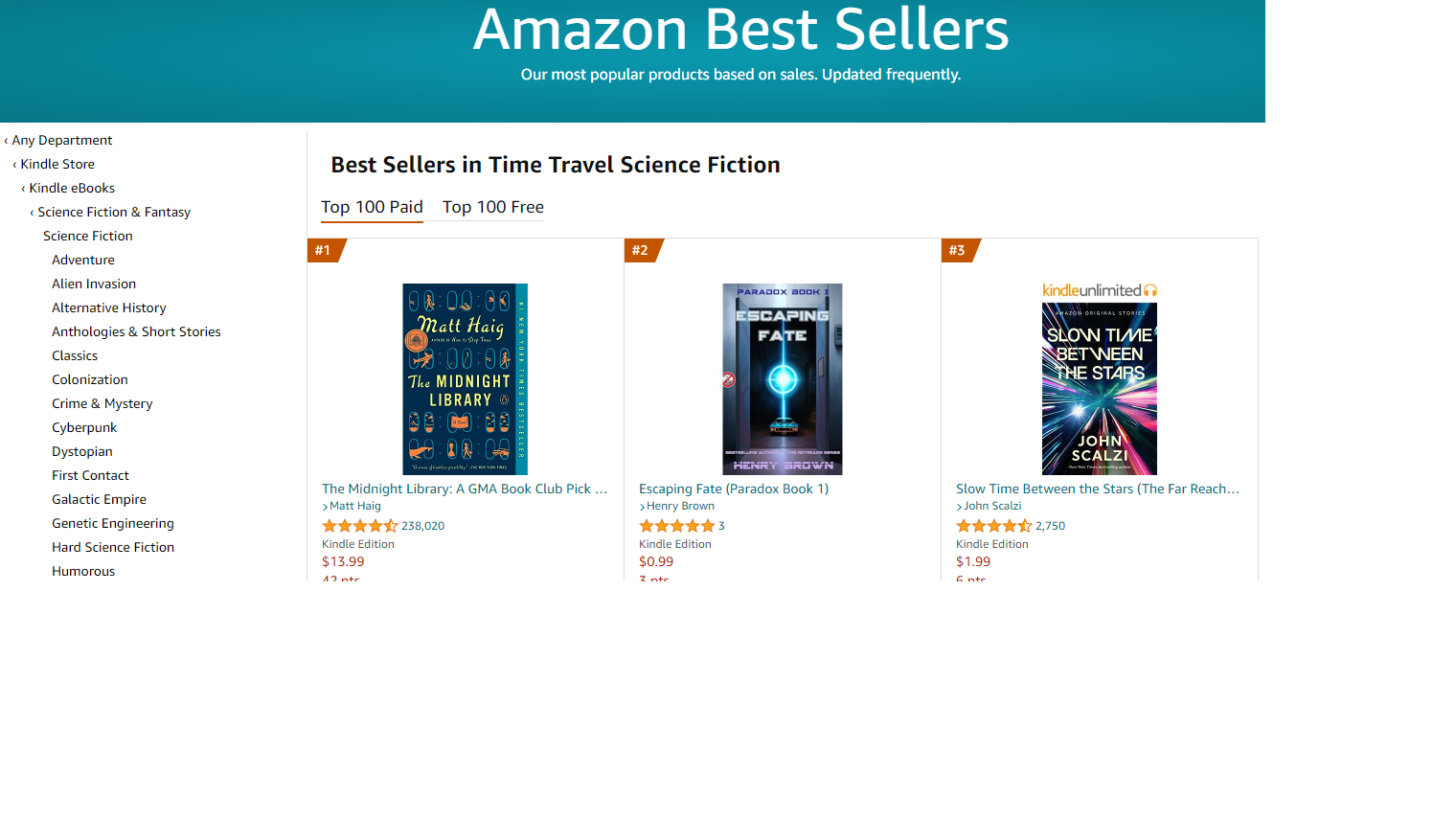
And there you can see Escaping Fate sitting at #2 with Gay Time Between the SJWs coming in 3rd. I wanted to stay up and see if it would hit #1 that night, but pooped out and went to bed.
I’ll probably never know if it cracked #1 in that category for a hot second–unless one of my readers just happened to be grabbing screen shots in that corner of the Web right then, and sends me one.
It had slid down to #3 the next morning when I checked it, and held that position throughout the day–so in that respect, at least, my promotion package has managed to sustain a decent ranking for a while. Not bad for a one-man operation cutting against the grain with none of the advantages handed out to the woketard authors.
On the subject of bestsellers, it hasn’t met with the same success as my Retreads novels (yet), but it’s a pretty strong launch, and the series is just getting started. I’ll call this one a “W”.
BTW, heartfelt thanks to the readers who have posted reviews. Those help immensely with visibility. I’ve written about the importance of reviews before and elsewhere, and groused about what’s been happening to mine, so will spare you that this time.

